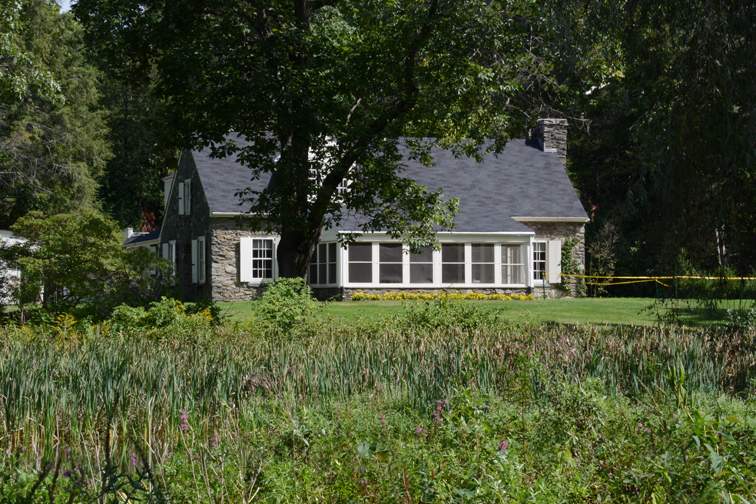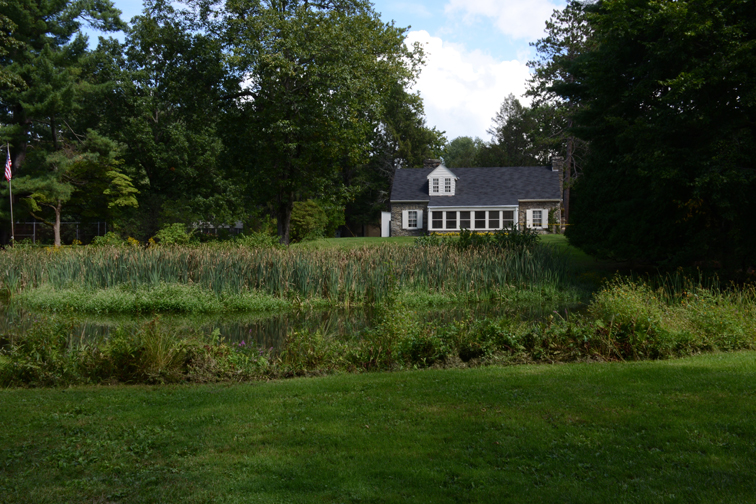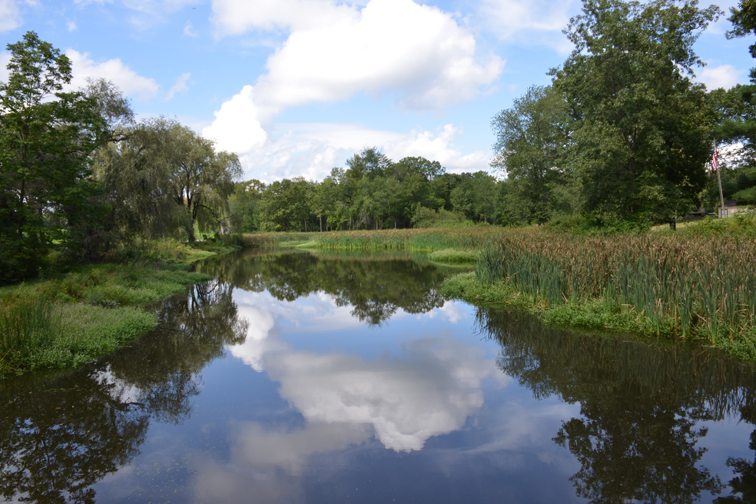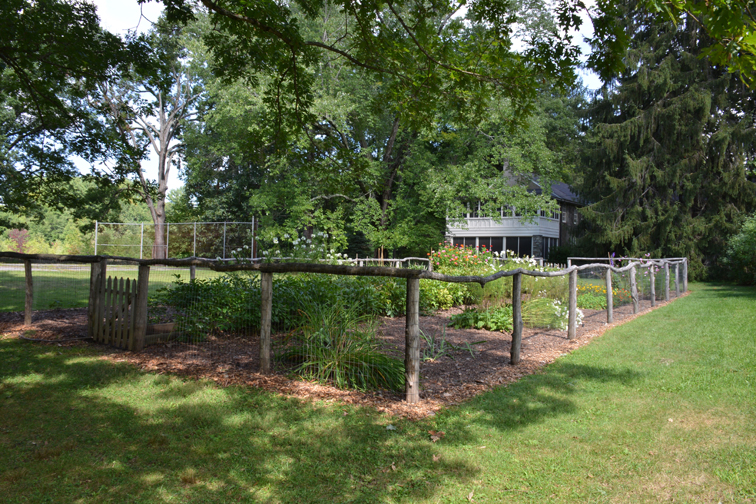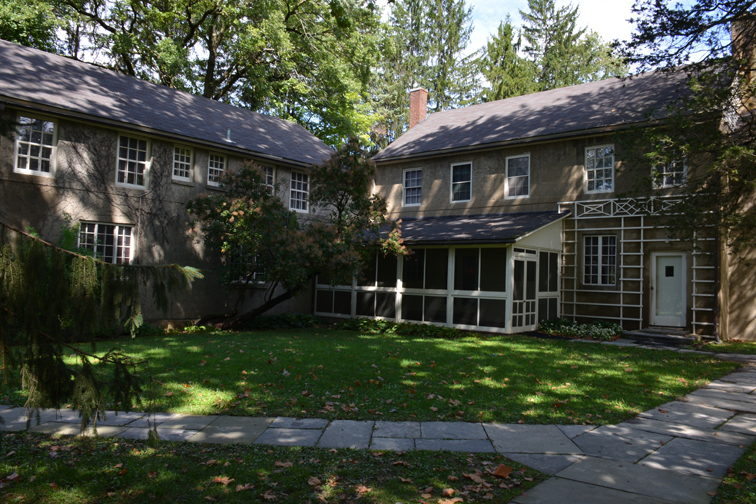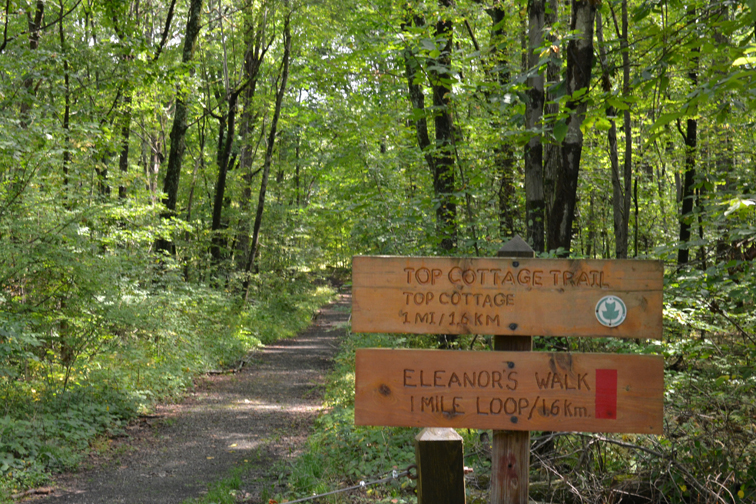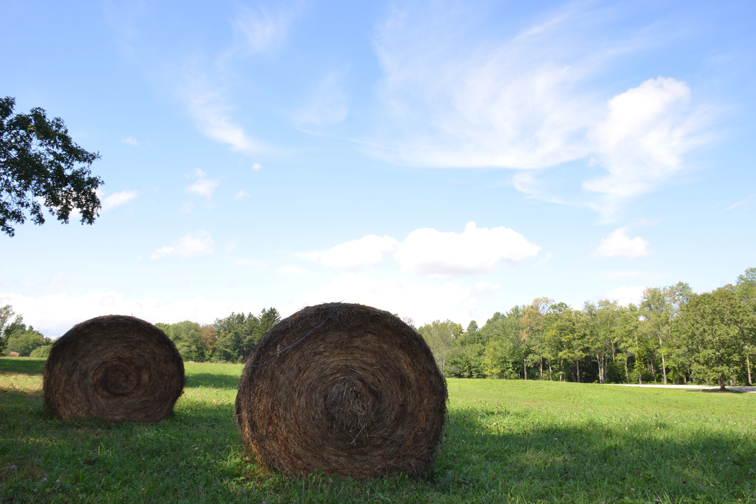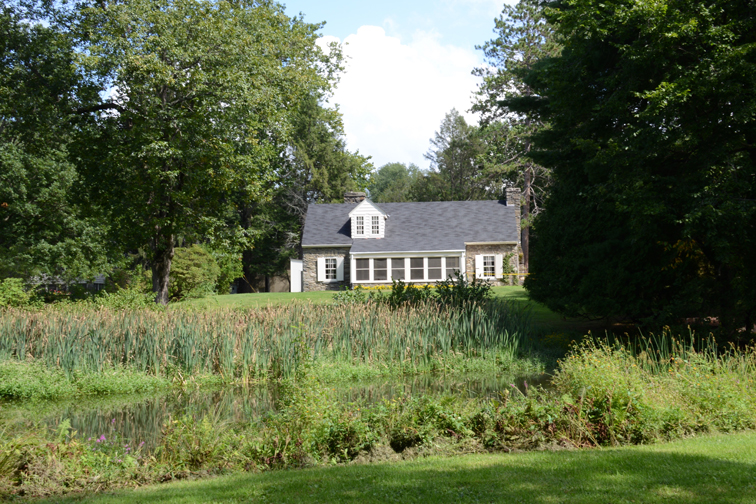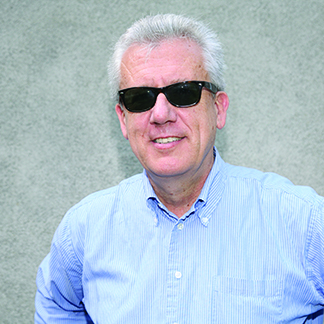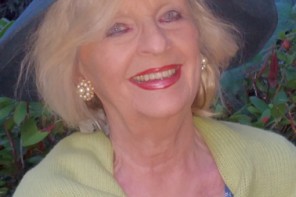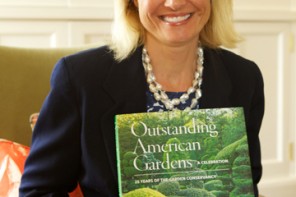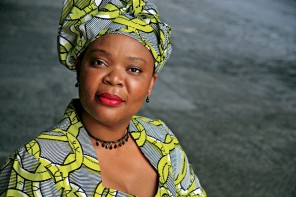Photographs of Val-Kill, a cottage hidden up a long driveway off Route 9G, known locally as Violet Avenue, in Hyde Park. Photographs by Bob Rozycki.
Eleanor Roosevelt’s wide-ranging and incredible life has been tidily encapsulated in four values — compassion, courage, curiosity and, the ever-essential instrument for attaining a goal, collaboration.
The wife of President Franklin Delano Roosevelt worked tirelessly before, after and during her husband’s administration as an advocate for civil, women’s and workers’ rights. At the fledgling United Nations, she would chair the drafting of its “Universal Declaration of Human Rights,” prompting President Harry S Truman to dub her the “first lady of the world.”
Eleanor spoke her mind in her “My Day” newspaper columns — holding her ground on hot-button issues such as public aid to Roman Catholic schools (she opposed it based on separation of church and state) and tolerance for free speech.
These columns were often filed with the dateline Hyde Park from what became her permanent home, Val-Kill. FDR had bought the vacant land, just two miles from the family’s main home, Springwood, on Route 9, in 1911.
Eleanor — along with close friends Nancy Cook and Marion Dickerman — had a furniture-manufacturing building and a cottage built on the Val-Kill property, with the blessing of FDR. The thought was that furniture-making and weaving could supplement farmers during the winter and tough economic times. Val-Kill Industries served as a training program as well as a place where friends and political colleagues could meet in an informal setting.
After her husband’s death, the site remained the place where Eleanor could meet with like-minded people and share ideas.
Today, it’s home to The Eleanor Roosevelt Center at Val-Kill. Founded in 1977, the nonprofit “embraces Mrs. Roosevelt’s call to build a better world through far-reaching programs that touch people worldwide — to be her heart, hand and voice in realizing a better world.”
As a means of continuing and reinforcing the ideals by which Eleanor lived, the center honors individuals “who make a significant contribution to society in the arts, education, citizenship, philanthropy, community services and other humanitarian concerns.”
The very first awardees in 1987 were singer, actor and social activist Harry Belafonte; advocate for the homeless Trevor Ferrell; actress and social activist Celeste Holm; Central Hudson CEO John E. Mack III; and actress Jean Stapleton, who helped in the preservation of Val-Kill, which is now a National Park Service site.
This year’s winners, who will be honored Oct. 18, are former New York state Sen. Stephen Saland, Maria Cuomo Cole, Laurie Marker, William Strickland and Yoshiomi Tamai.
Saland, who cast the deciding vote for New York’s Marriage Equality Act, said “Much of Eleanor Roosevelt’s life was selflessly committed to social justice, quality and human dignity. Her stature was such that her persona and message transcended regions and borders. It is humbling to be included among the distinguished honorees to receive the Eleanor Roosevelt Val-Kill Medal.”
Cole, daughter of former Gov. Mario Cuomo, is the chairman of HELP USA, the largest provider of homes and services for the homeless in the United States. She lives in Westchester County with her husband, designer Kenneth Cole.
Cole said, “Eleanor Roosevelt’s legacy continues to inspire generations, transcending gender, race and political partisanship. …Among Eleanor Roosevelt’s many known admirable qualities was her disarming ability to engage people from all walks of life with respect and dignity. I aspire to follow her path of humanity, social justice and tolerance for all.”
Marker, who was named a “Hero for the Planet” by Time magazine, is founder and executive director of Cheetah Conservation Fund in Namibia.
She said that Eleanor “serves as a guiding inspiration in my work protecting the biodiversity of our planet — which is the key to keeping our ecosystem in balance — for the benefit all living creatures, but most especially mankind.”
Strickland, who is president and CEO of Pittsburgh’s Manchester Bidwell Corp., creates partnerships for adults-in-transition, and urban and at-risk youth. He is also the author of “Make the Impossible Possible.”
Strickland said Eleanor’s “deep belief in the dignity of all people and the need to stand up for what is right has informed my work and continues to serve as a great beacon of energy and hope for the world.”
Tamai is the president and founder of Tokyo-based Ashinaga Foundation, which “educates and nurtures future leaders to contribute to society via caring attitudes, open minds and the energy to act.”
Tamai said, “For half a century, I have raised $1 billion to enable 95,000 orphaned students to finish higher education. I have always kept two philosophies in my mind: 1. To preserve human dignity; 2. To provide equal access to education. I have continued to fight and am still fighting because of these beliefs, beliefs that I share with Mrs. Roosevelt.”
The ceremony and luncheon will be held Oct. 18, at the Eleanor Roosevelt National Historic Site (Val-Kill) in Hyde Park. For more, visit nps.gov/elro/index.htm.

